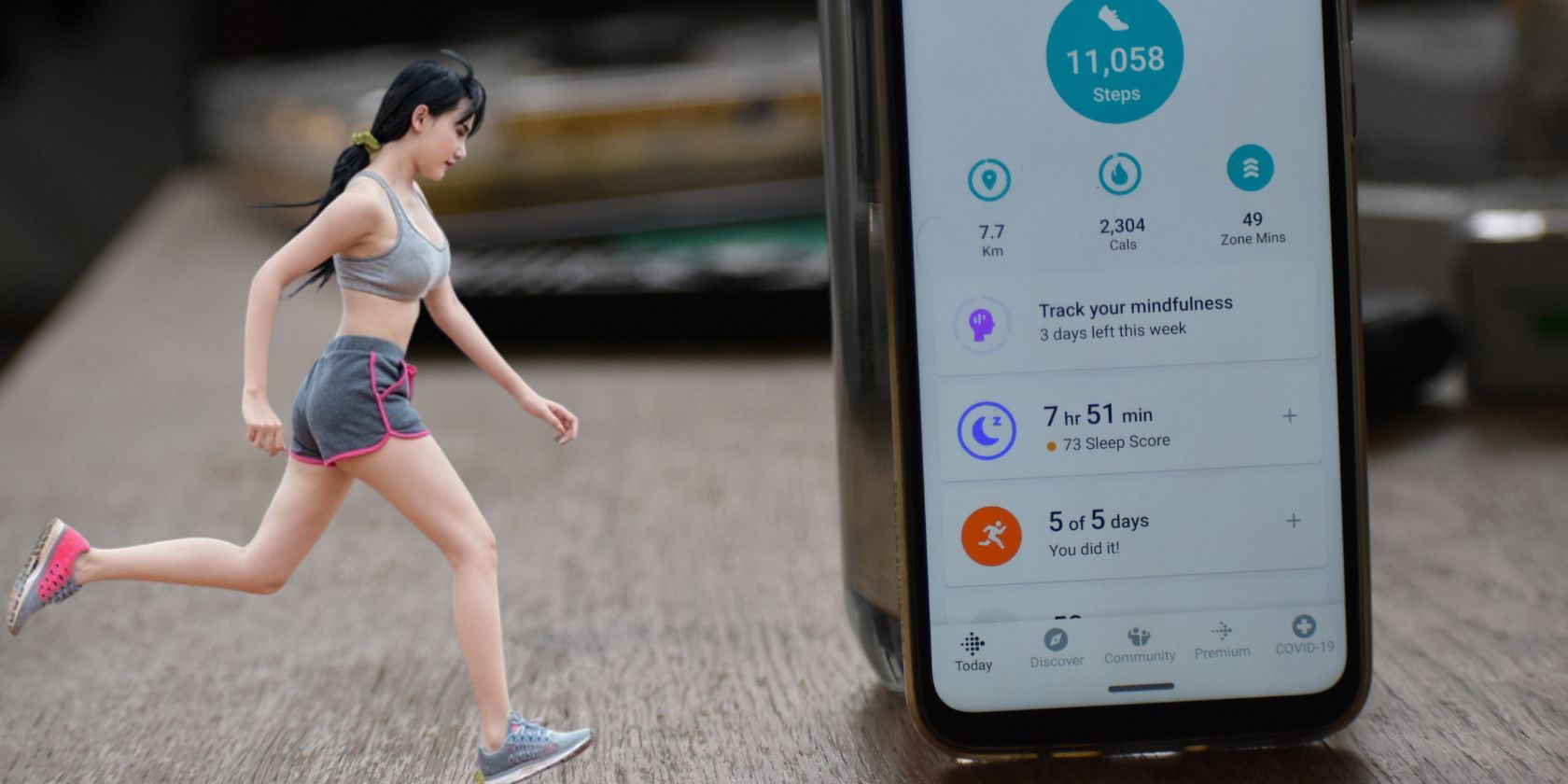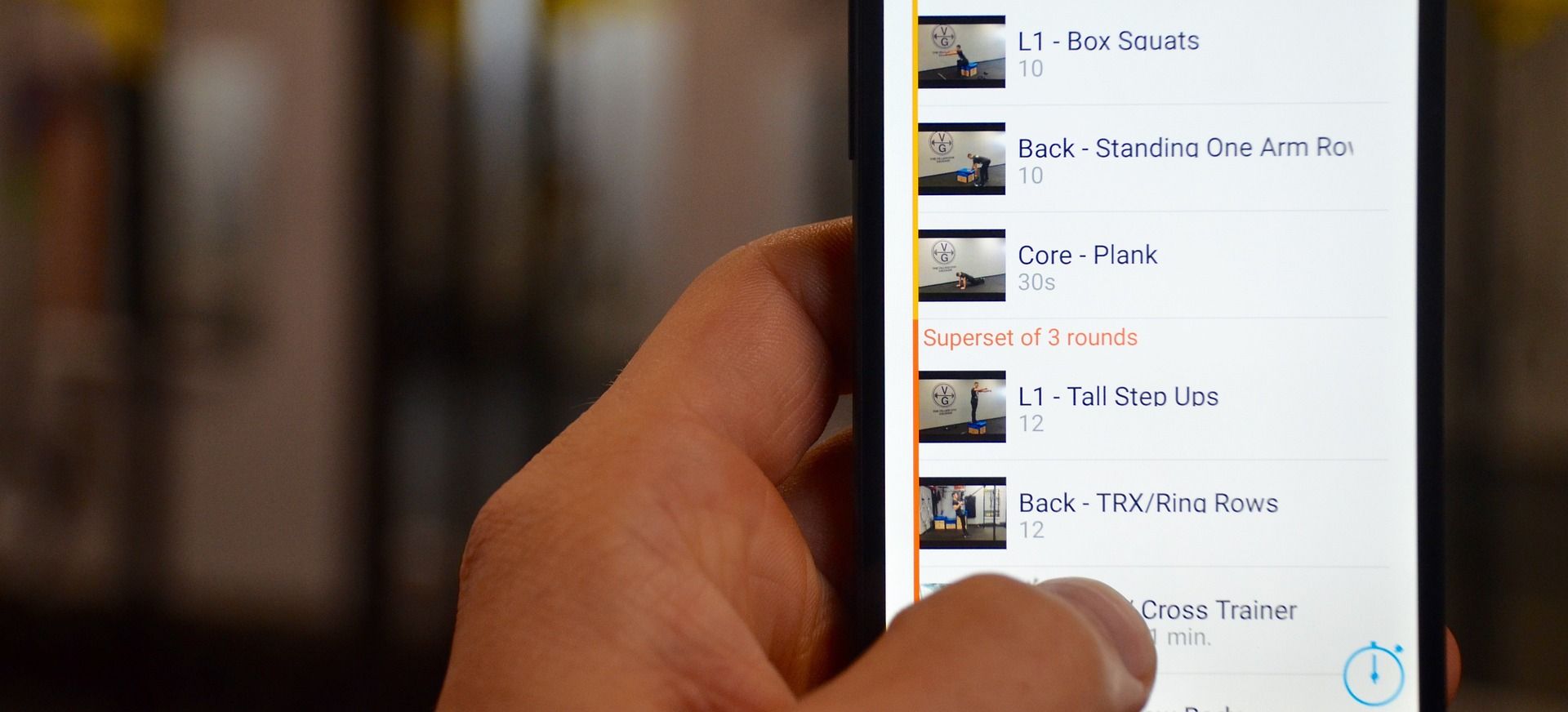If you've ever tried getting in shape, you know how difficult it can be to stick to a program, and how easy it is to find excuses. That is where health and fitness apps come in.
These apps are a great way to keep track of your progress and hold yourself accountable. Plus, many have cool features like personalized exercise videos, nutrition tracking, goal setting, and so on. But at what cost?
Do Health and Fitness Apps Jeopardize Your Privacy?
By default, health and fitness apps require data other apps don't need. An e-book reader, for example, wouldn't ask you to share information about your age, weight, height, diet, fitness level, or body mass index. But that is exactly what most health and fitness apps do. On top of that, they may be familiar with your calorie intake, location, sleeping habits, even mental health and well-being.
On the one hand, this makes perfect sense: if you're using a fitness app because you need a personalized workout program, or want to track your calories, the software needs to have access to certain types of information. Obviously, a person who is underweight and wants to gain muscle, and a person who is overweight and wants to lose fat have wildly different needs in terms of diet and lifestyle.
But on the other hand, isn't it risky to let an app have access to all this data? How can you be certain it is not being used for purposes other than creating a suitable diet and workout plan? Plus, few would be comfortable with a fitness app sharing this type of information with third-parties and advertisers. All of which begs an important question: how many health and fitness apps violate user privacy?
A group of Australian researchers attempted to answer this question in 2021, and published their findings in the peer-reviewed scientific journal BMJ. To conduct their study, the researchers performed in-depth analysis on 15,838 health and fitness apps available on the Google Play Store.
Focusing only on apps that can be used for free, the researchers found that 88 percent of them "included code that could potentially collect user data." This would not be problematic in and of itself, had they not also established that around 55 percent of transmissions of user data were towards third-party servers. Meaning, most apps shared user information with companies such as Facebook and Google.
Of the apps the researchers analyzed, just 47 percent complied with their own privacy policies. 28 percent of apps did not even have a privacy policy, while 23 percent of overall user data transmission took place via insecure communication protocols. The researchers concluded that there were "serious problems with privacy and inconsistent privacy practices" in health and fitness apps, recommending that clinicians "be aware of these and articulate them to patients."
With health and fitness apps having access to such a large amount of sensitive data, what would happen if one's hacked? Well, you don't have to imagine a hypothetical scenario. In 2018, a threat actor breached the mega-popular MyFitnessPal, gaining access to usernames, email addresses, and hashed passwords of 150 million users. The stolen credentials were later put up for sale on the dark web.
3 Things You Can Do to Protect Your Privacy
It's very important to be proactive about your online privacy and security, but that doesn't mean you should avoid health and fitness apps altogether. Here are three things you can do to protect yourself when using one.
1. Read the Privacy Policy
It's always a good idea to familiarize yourself with an app before downloading it. Do some basic research about it, and skim through the privacy policy. You don't have to read the entire document; just the relevant parts about data collection. Even though some apps ignore their own privacy policies or aren't transparent enough about what they do, this is still a good first step.
2. Change the Default Privacy Settings
Do you already have a fitness app on your phone? There's a good chance you weren't paying close attention during installation; you may have granted the app permissions it shouldn't have, clicked "agree" when you didn't have to, or enabled aggressive data collection by accident. Besides, the app may have certain privacy-invading features enabled by default. So, what you need to do is enter the app's settings menu, or your phone's settings menu, and modify permissions.
3. Limit What You Share
Even apps that don't collect a tremendous amount of data or serve advertisements may ask you to share certain information voluntarily. For example, an app might let you link your social media accounts, or let you invite friends. But do you really need to do that if you're just looking to lose weight or keep your health in check? Of course not: you should limit what you share in order to protect your privacy.
Bonus Tip: Use a Privacy-Friendly Fitness App
If you're determined to get in shape and think an app might help you get there, you may feel like giving up some privacy would be an acceptable compromise. But you don't have to do that, because there are privacy-friendly health and fitness apps for both Android and iOS.
If you've got an Android phone, consider downloading FitoTrack from the Google Play store. It's open source, free, and saves all data locally on your device. FitoTrack does not collect data or serve ads, and it has a lot of cool features many similar apps lack.
If you're using an iPhone, the equivalent would be an app called Out-Run. Intuitive and elegant, it is one of the few fitness apps in the App Store that actually puts user privacy first. You don't even have to create an account to use Out-Run, and it is completely free and open source.
Lose Weight, Not Your Privacy
It's a myth that you can't keep your privacy in the digital age. You definitely can, as long as you take steps to protect yourself, which includes avoiding invasive apps.
Whether you're at the beginning of your fitness journey or are an experienced athlete, you can benefit from using privacy-friendly software in more than one way. And if you'd rather not use an app, there are plenty of great fitness channels on YouTube.


